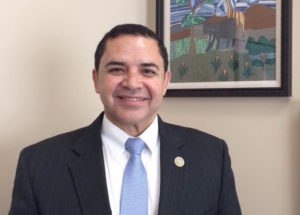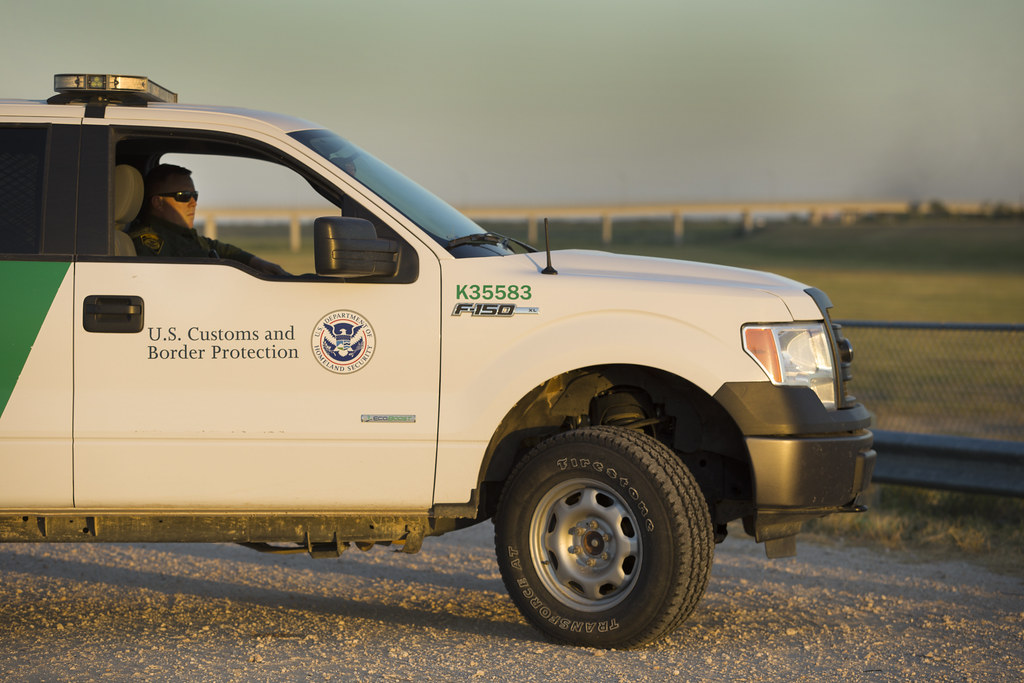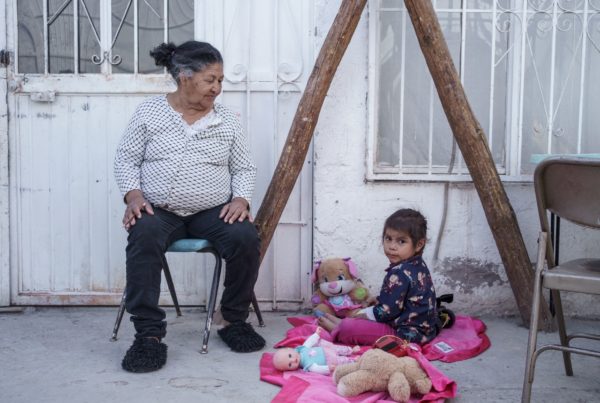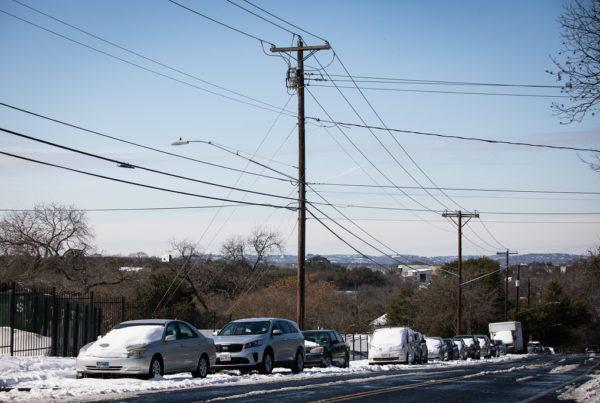Federal agencies in charge of immigration at the southern border have limited resources because of the pandemic and have faced challenges in recent weeks as a growing number of unaccompanied young migrants surrender themselves to U.S. officials.

Rep. Henry Cuellar (D) represents Texas’ 28th Congressional District.
Democratic congressman from Laredo, Henry Cuellar, is following the story closely. Cuellar, whose district stretches from San Antonio to McAllen in the Rio Grande Valley, told Texas Standard that U.S. Health and Human Services – the agency that houses and matches unaccompanied migrant children with sponsors in the United States – doesn’t have the space needed to house every child released from Border Patrol. As a result, children are staying in Border Patrol custody longer than the 72-hour maximum stipulated by law, in facilities not equipped for long-term stays. Cuellar says this is a challenge many administrations have faced before.
“Some people are acting like they’ve never seen this before. We’ve seen this before,” Cuellar said.
He says there were rises in young people crossing the southern border without authorization during the Trump and Obama administrations, and the same is happening now under President Biden. Cuellar says there are things the government needs to do now to properly care for young asylum-seekers already in the country. Hey says the federal government also needs to help Central American countries deal with the root causes of northward migration.
On whether he considers the rise of border crossings by unaccompanied children a “crisis”:
“Some numbers are increasing. We had over 100,000 people that were encountered by Border Patrol last month. And we still have to hit the high marks, which are March, April, May and June – that’s usually when the numbers get very, very high. But regardless of what anybody wants to call it, I will say this, that the numbers are challenging.”
On how the pandemic adds to the challenges:
“Border Patrol is working at a 25% capacity. They just don’t have the space because of the … pandemic. … Right now in the Valley, they got about 4,000 individuals, family units and unaccompanied kids – more than half are unaccompanied kids. And as you know, Border Patrol is supposed to hold people for 72 hours and then pass them on to Health and Human Services – or [what] we call the Office of Refugee Resettlement – and they don’t have enough space. So they’re looking for temporary spaces right now.”
On politics complicating the matter:
“Any time we have a situation like this, the progressives are going to say, ‘Oh, you got to do a better job taking care of the kids, you’ve got to do this and take care of the families.’ And then on the far right, you have the conservatives saying the border is out of control. … That’s why you’re going to see more Republicans go down there, because they’re trying to turn this into a political weapon against Democrats by making Democrats look weak when it comes to border security. So there’s two different forces, the progressives and the far right.”
On what he calls weak messaging from the Biden administration:
“It has to be clear, this message about don’t come now, come later. That is not a message that works very well. It’s got to be clear and concise saying, ‘Hey, you cannot come in right now. If you’re going to come in, it’s going to be the right way.'”
On other messages helping drive northward migration:
“They see on TV down there in Central America … people coming across the river – that’s a message. Then you got the organizations aggressively moving on trying to get people recruited because every time they move somebody – family units, Central Americans – they will charge from $4,000 to $8,000. So they make billions of dollars either from drugs or from moving people. And those are the messages being heard down there.”
On his perspective:
“I live on the border. I’ve lived there, I’ve seen the surge under Obama. I’ve seen the surge under Trump. So I call it the way it is. And, you know, sometimes some people on the far right don’t think I go far enough. And then I find the people on the far left feel that I go too much. So I just try to call it the way it is and try to be as reasonable and as rational as possible because all I want to do is not make political points. What I want is to solve this issue – that’s the bottom line because my border communities need to be heard.”
On passing a proposed comprehensive immigration bill:
“It’s going to pass the House side, both of them. But on the Senate side, they got to make some adjustments. Otherwise they’re not going to get to 60 votes. …There will be some Republicans that, quite honestly, are seeing what’s happening at the border, as an excuse to say, ‘No, or, secure the border, otherwise we’re not going to support immigration reform.’ I mean, they’re against it. They’re just finding an excuse to not support it.”














